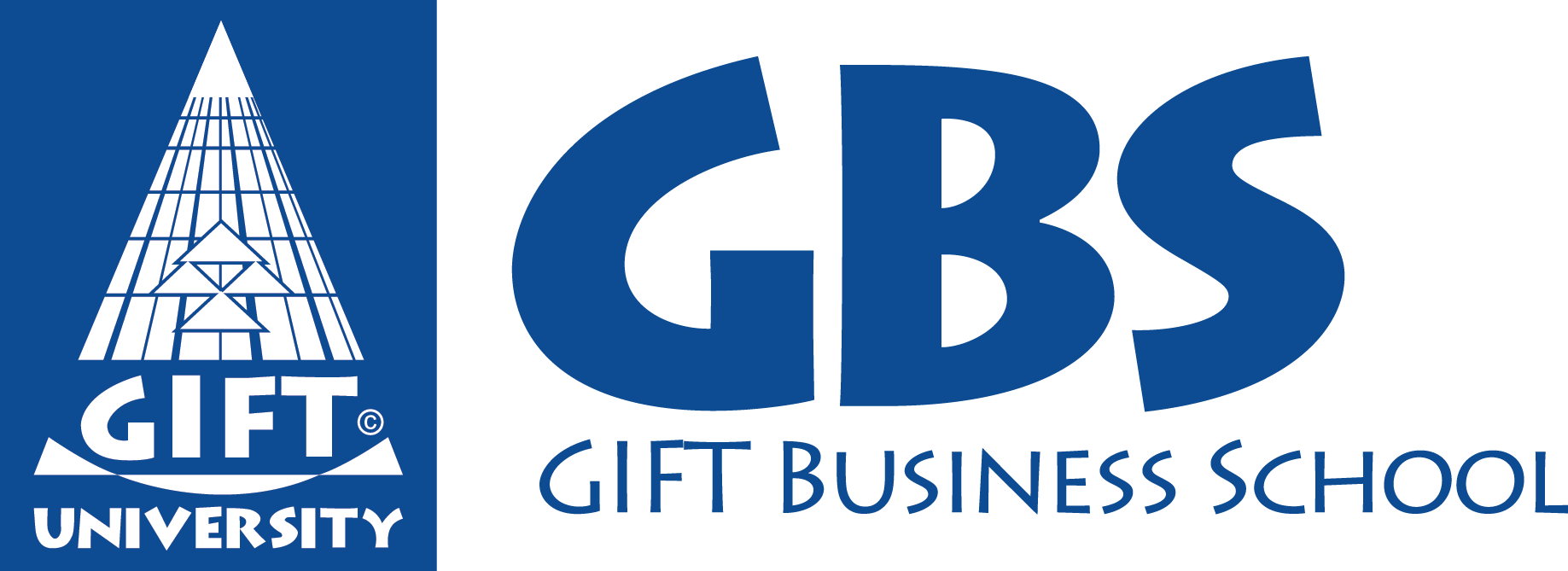Content
Check out our independent editorial review of the best CRM software for sales professionals, including use cases for each option. In our independent editorial review of the best CRMs for freelancers and solopreneurs, learn about each software and its primary use case. Select a marketing CRM if you want a wealth of tools to develop and execute strategic inbound lead generation campaigns. Read about the differences between the four types of CRM software, including features, price, and how they can benefit your business.
Building and maintaining great customer relationships is at the core of any good business model. But staying on top of who your customers are and what their relationship with your business is at any given moment is difficult. And that’s true across the board—whether you’re a small business with a hundred customers or a large one with hundreds of thousands.
Common Marketing CRM Software Features
Your CRM will enable you to communicate effectively with customers and prospects, having essential information at your fingertips when you need it. Sales, marketing and customer service departments will find themselves in sync as they will all have access to identical information. No matter which type of CRM software you use, it will become the single point of entry for all client related information.
- This CRM type is all about making communication and collaboration more efficient across your teams.
- There are three main types of CRM, and before you go ahead and implement a system for your business it pays to understand exactly what is different about them and what each one offers.
- As a result, revenue is also boosted as insight provided by the CRM enables you to select the most profitable customers and focus on strengthening your relationship with them.
- A customer relationship management system can be a lifeline for keeping track of all of your customers and attracting new ones.
- B2B sales are typically more complex, with more steps and multiple buyers involved.
- They can also better manage their active campaigns for greater success.
As the name suggests, operational CRM is designed to assist your company with its operations so they become more like a well-oiled machine, seamless and always working. You can see which campaigns resonated with your audience and which fell a little flat. Without analytics, you’ll have operational crm definition no idea how well your company is performing. Such information you might include can be their full name, email address, phone number, job title, and work address, physical address, and the like. As that customer base grows, the software should be scalable and grow right along with you.
How analytical CRMs work
It gives businesses the tools they need to create eye-catching media and collateral while providing insight into what resonates with customers. Collaborative CRM software is best for team-based https://xcritical.com/ environments where multiple departments share data or interact with the same customers. This is especially important for the integration of the marketing, sales, and service teams.
For instance, an operational CRM takes care of predictable tasks like initiating an email campaign whenever a new prospect enters the system. Learn more about collaborative CRMs in our guide to thebest collaborative CRM solutions for sales teams. Here, we take a deep dive into what the top collaborative CRMs have to offer.
CRM Sidebar
B2B sales are typically more complex, with more steps and multiple buyers involved. Business-to-business deals are usually larger and can be less frequent than typical B2C sales. There are fewer leads because B2B products are not universally needed. Many people buy Coca-Cola every week, but not everyone needs the tire assembly for an off-road earth mover. An analytical CRM system focuses on connected data, analysis, and reporting to help you better understand your customers. There are three main types of CRM, and before you go ahead and implement a system for your business it pays to understand exactly what is different about them and what each one offers.
A CRM system manages and analyzes customer data and interactions to improve customer service, aid in retention and drive sales growth. The three types of CRM systems include the following:https://t.co/kk5PtZq2N3 #crm #crmimplementation #crmintegration #crmservices #QLTech pic.twitter.com/YMNQWXsQyC
— QL Tech Australia (@QLTechAustralia) November 10, 2022
Finally, operational CRMs help improve processes and workflows by automating routine tasks. This includes everything from scheduling meetings to transitioning leads through the pipeline to generating those valuable sales reports. Using a CRM system helps businesses become more efficient, improve relationships with their customers and boost their CLV . Businesses can use Salesforce to smartly manage and harmonise many key functions of their operation, including sales, marketing, customer service, supplier management, HR, ecommerce and more.
Reporting features
Both on-premise and cloud-based CRM systems have their own pros and cons. It is important to understand these before deciding which type of system is right for your business. Upon doing this, you get a full, comprehensive view of the lead or customer. Redirecting them to your sales team or marketers becomes a lot easier from there. Through channel management, you can get a glimpse into which channel your customers like most and then use that to interact. You source all your company’s data here so you can then perform data mining or use OLAP tools.
